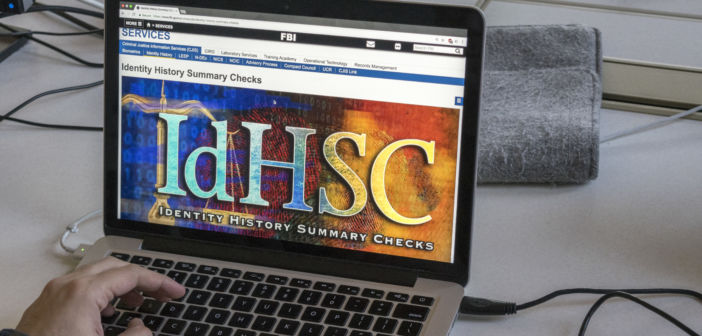About 250 Lehigh faculty members electronically voted to pass a resolution that will be sent to the Board of Trustees in regards to university-implemented background checks.
The resolution, which passed 205 votes to 41 votes, voices concerns that Lehigh’s new policy on faculty background checks exceeds the requirements of state-mandated background checks.
The state-mandated background checks can be traced back to 2012, when the Jerry Sandusky scandal at Penn State was uncovered and the commonwealth of Pennsylvania passed Act 153, which made background checks mandatory for all faculty working with minors.
The law was amended to exclude faculty whose only interaction with minors includes meeting with prospective or matriculated students in a university setting. In response, Lehigh developed its own protection of minors policy which required a three-part background check on criminal history, child abuse history and fingerprinting conducted by the FBI.
A number of faculty members across campus, however, disagree with Lehigh’s policy. Act 153 specifically excludes faculty who interact with prospective or matriculated students, while the protection of minors policy requires all faculty to go through the three background checks. FBI fingerprinting can, however, be avoided if a faculty member has been living in the state for more than 10 years.
Kathy Olson, an associate professor of journalism who teaches a course in media ethics and law at Lehigh, said the background checks seem nonessential in her case.
“I don’t work with minors as defined by the policy,” Olson said. “So I don’t see why it’s necessary.”
The resolution cites reasons for faculty’s concerns, stating Lehigh’s policy is more intense than what is required by the state, private information is no longer in the hands of only government officials and Lehigh’s policy exceeds that of competing colleges in the area.
The resolution calls for revisions so Lehigh’s policy would meet, but not exceed, the requirements of Act 153 and asks the current deadline of the background checks, May 17, be delayed until the resolution can be considered and responded to by the Board of Trustees.
Among the faculty voicing their concerns is Albert Wurth, an associate professor of political science, who is a member of the Lehigh University Financial Planning and Operations Committee. The committee represents faculty issues regarding financial planning, and it spearheaded the vote to pass the resolution.
“Why does the employer need to know as much as the state does?” Wurth said.
Furthermore, the policy does not inform new faculty about the background checks before they start their job, and some worry the three-part background check will be a surprise to new faculty.
Wurth argues this will throw off the new faculty members, who would be most likely be aware of Act 153 but not Lehigh’s policy.
“I have heard of new incoming faculty who arrived to begin their new job and were surprised to hear about the required background checks,” he said. “At the very minimum, if the faculty resolution is ignored and the existing minors policy is unchanged, our faculty hiring announcements should disclose the background check requirements so that we don’t surprise new recruits.”
Despite the resolution passing overwhelmingly among faculty, the background check process will remain the same until reviewed by the Board of Trustees.
Lori Friedman, Lehigh’s director of media relations, said a majority of the school’s faculty and staff have completed or are in the process of completing the background checks.
Friedman said Lehigh expects to have all the faculty and staff background checks completed by May 17.






Comment policy
Comments posted to The Brown and White website are reviewed by a moderator before being approved. Incendiary speech or harassing language, including comments targeted at individuals, may be deemed unacceptable and not published. Spam and other soliciting will also be declined.
The Brown and White also reserves the right to not publish entirely anonymous comments.